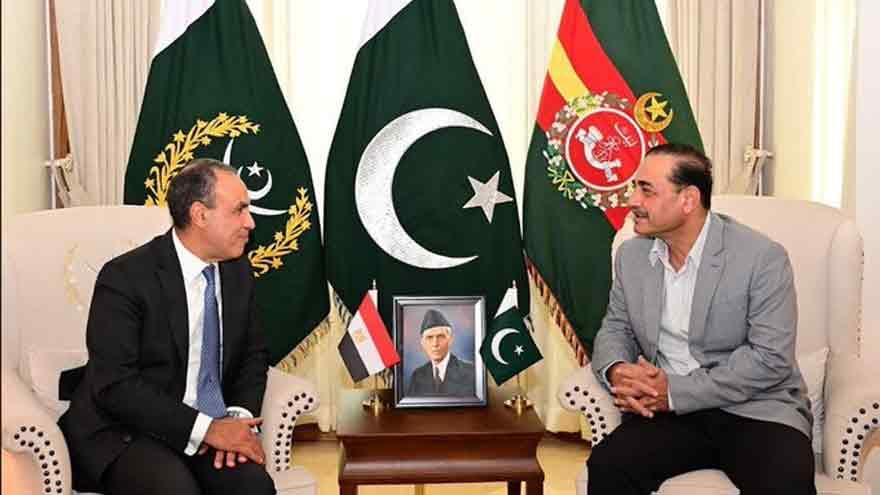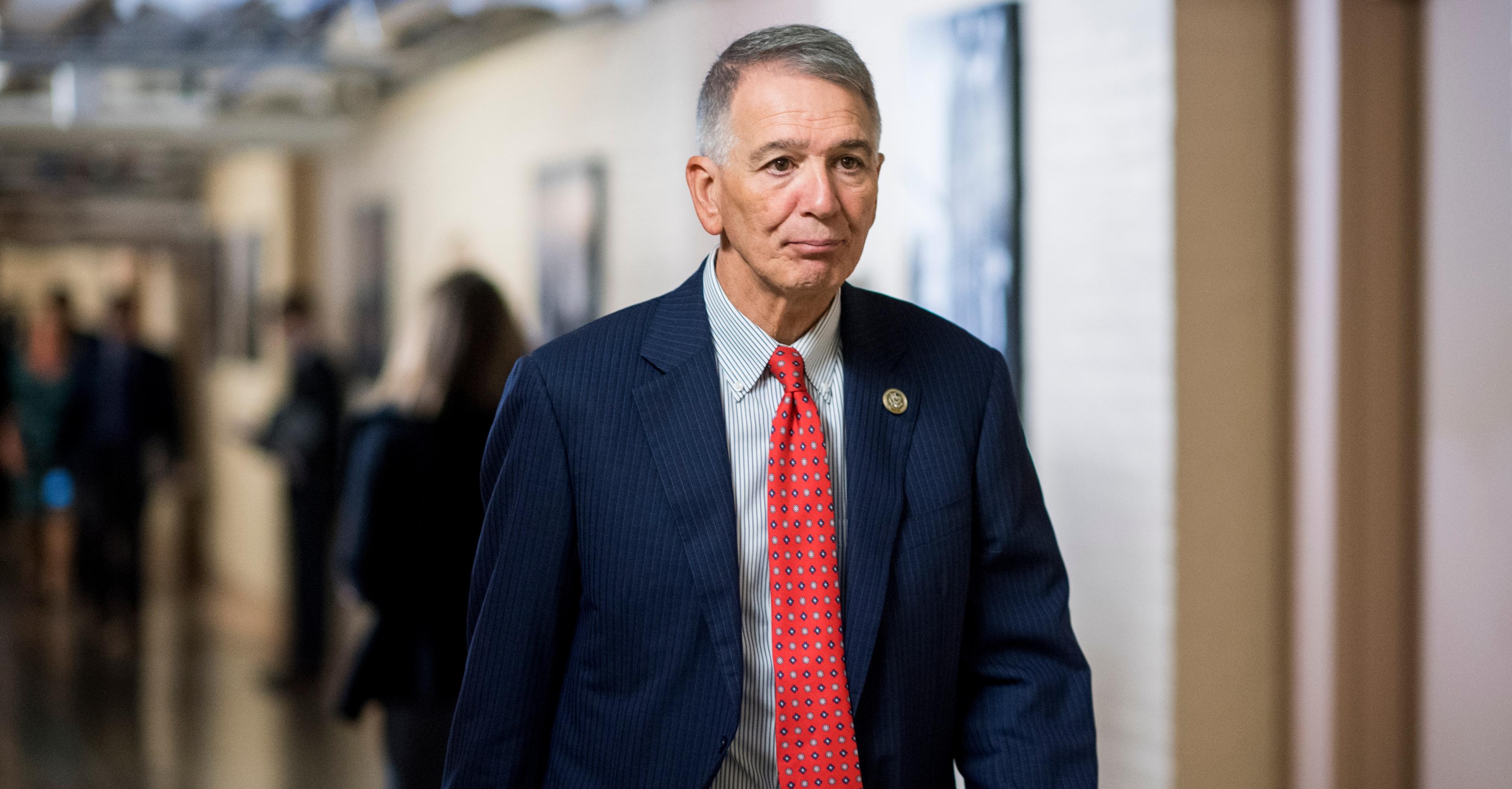15% corporate rate: G20 finance ministers back 'historic' global deal to tax multinationals
The finance ministers of G20 Saturday backed a "historic" global deal to tax multinational companies more fairly and urged hold-out countries to sign up.

A framework for international tax reform, including a minimum corporate rate of 15%, was agreed this month by 131 countries.
But the endorsement by the 19 biggest economies plus the European Union will help ensure it becomes a reality following years of negotiations.
"After many years of discussions and building on the progress made last year, we have achieved a historic agreement on a more stable and fairer international tax architecture," the final statement said.
"We endorse the key components of the two pillars on the reallocation of profits of multinational enterprises and an effective global minimum tax."
French Finance Minister Bruno Le Maire was quick to hail the agreement, saying it was a once-in-a-century opportunity for reform.
"There is no turning back. We are putting an end to the fiscal race to the bottom and the digital giants will now pay their fair share of taxes," he said.
The reforms aim to prevent countries competing to offer the lowest tax rates to attract investment, which has often resulted in multinationals paying derisory levels of tax.
Final agreement is not expected until the run-up to the G20 leaders' summit in Rome in October.
'On the way'
The 15% minimum tax rate was agreed on July 1 under the auspices of the Organisation for Economic Cooperation and Development (OECD).
Countries including the United States, France and Germany, along with aid agencies such as Oxfam, have been pressing for a higher rate.
But some nations are opposed even to this, including EU member Ireland, which lured Apple and Google to Dublin with low tax rates.
In their final statement, the G20 ministers said they "invite all members" of the negotiations... that have not yet joined the international agreement to do so".
The minimum rate is expected to affect fewer than 10,000 major companies, but the OECD estimates an effective 15% rate would generate an extra $150 billion in revenue per year.
The measure is one of two so-called pillars of global tax reform that have been under negotiation for years, but which have been given new impetus under US President Joe Biden.
The other would give countries a share of the taxes on profits earned in their territory.
Multinationals operate in many countries -- oil giant BP is present in 85, for example -- but usually pay taxes on profits only in tax domiciles cherry-picked for their low rates.
It would initially apply to the top 100 or so companies, and is targeted at the most aggressive users of tax-reducing domiciles, such as technology giants Google, Amazon, Facebook and Apple.
Aid to poorer countries
The G20 ministers were meeting for the first time in person since February 2020, at the start of the global coronavirus pandemic, although China and India are attending virtually.
Hundreds of protesters converged on Venice, although the Arsenal area of the lagoon city, where the meeting is being held, is cordoned off to the general public.
Student Elena Carraro, 20, slammed the G20 as a rich person's club only out to protect its own.
"We don't expect the real change, radical change that we need. We need to act, we can't wait for them to do so, because the only thing they are interested in is their own wealth," she said.
The G20, whose members represent about 85 percent of global wealth, also discussed climate change and the economic recovery from the pandemic, particularly how to ensure that poorer countries are not left behind.
The ministers warned that although the global outlook had improved since their last meeting in April, largely due to the roll-out of vaccination programmes, the crisis was not over.
"The recovery is characterised by great divergences across and within countries and remains exposed to downside risks, in particular the spread of new variants of the COVID-19 virus and different paces of vaccination," the statement said.
The ministers also backed an initiative by the International Monetary Fund to urgently increase aid to countries struggling to cope with the pandemic through special drawing rights, which are international reserve assets.
SOURCE: AFP

Field Marshal,Egypt’s Foreign Minister vow to deepen long-standing ties
- 14 hours ago

Egyptian Foreign Minister meets Field Marshal,reaffirming commitment to enhancing defence cooperation.
- 13 hours ago

How to fix the broken visa system for high-skill workers
- 21 hours ago

Lakki Marwat: Suicide attack on police van leaves one officer martyred,one militant killed.
- 12 hours ago

Notification for CDF’s appointment to be issued in due course of time: Khawaja Asif
- a day ago

Who's ready for Thanksgiving Day football? Picks, predictions and X factors
- a day ago

IHC declines plea for immediate stay in advocate Iman Mazari, Hadi Chatha in controversial Tweets Case
- 12 hours ago

Aqara’s $99 Wi-Fi smart lock is a good-looking budget option
- a day ago

Child body who fell into open manhole in Karachi found
- 14 hours ago

A defense of Thanksgiving turkey
- 12 hours ago

Amazon’s Starlink competitor is launching with ‘world’s fastest satellite internet antenna’
- a day ago

President Zardari has summoned the joint session of Parliament for tomorrow.
- 13 hours ago









